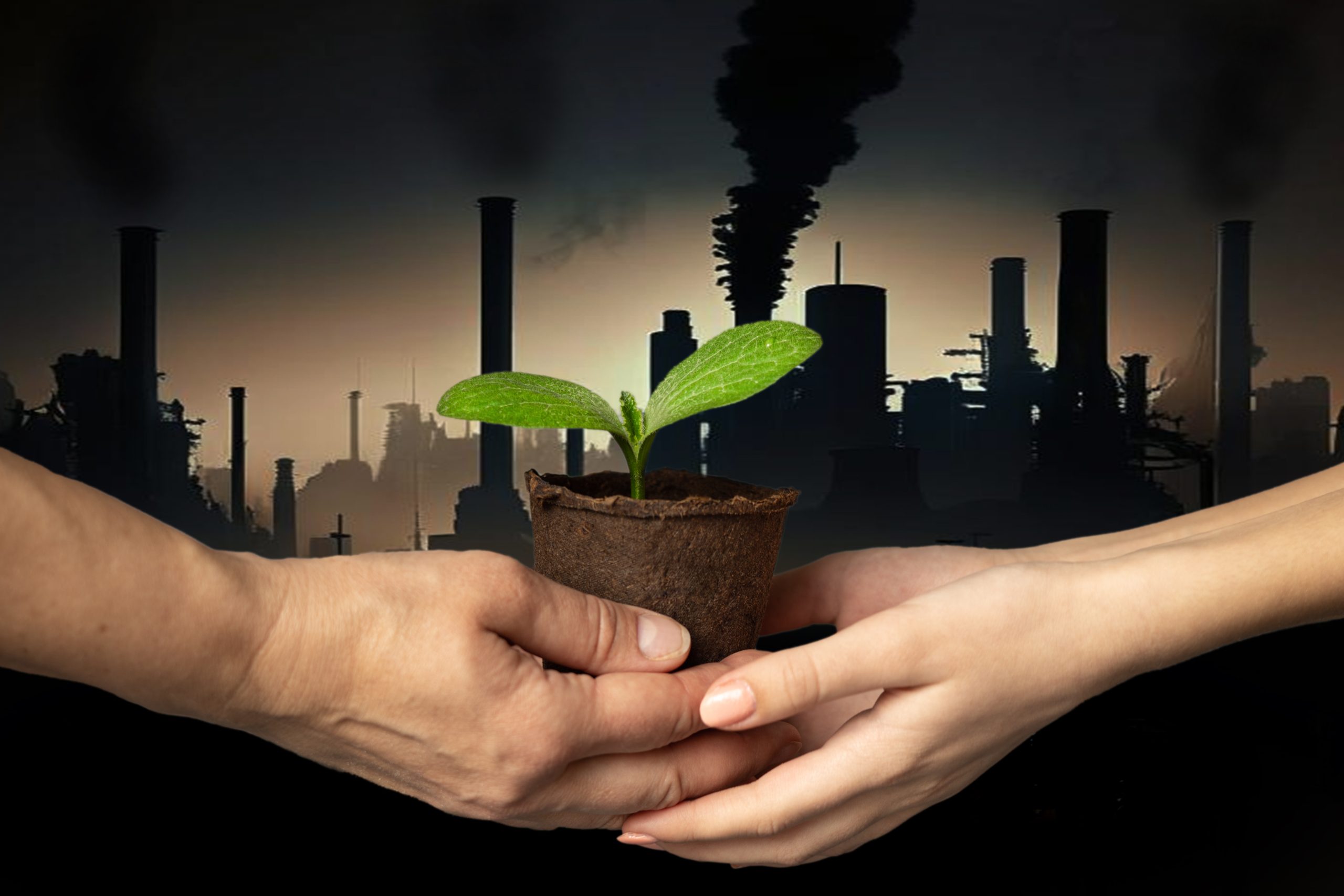When we think about environmental change, it’s easy to picture massive industrial shifts or global policies. But the truth is, some of the most powerful actions — and some of the most harmful ones — happen quietly, in the everyday choices we make. From how we eat and travel to the way we shop and live, our habits leave a much bigger footprint than we often realize.

Take transportation, for example. Choosing to walk, cycle, or use public transit whenever possible dramatically reduces carbon emissions compared to daily car use. Even switching just a few trips per week away from a car can have a measurable impact over time. On the flip side, frequent short car trips, especially in fuel-heavy vehicles, contribute significantly to urban air pollution and greenhouse gas buildup.
Our diets also play a major role. Eating more plant-based meals — even just a few times a week — helps lower the demand for resource-intensive meat and dairy production, which are major contributors to deforestation and methane emissions. Meanwhile, over-reliance on processed foods wrapped in multiple layers of plastic creates enormous waste streams that clog landfills and oceans.

Shopping habits tell another part of the story. Supporting local farmers’ markets and buying second-hand clothing or furniture keeps money circulating within communities and reduces the environmental costs of manufacturing and long-distance shipping. In contrast, fast fashion — cheap clothing made quickly to catch trends — often ends up in landfills within months, wasting both materials and energy.
Energy use at home is another area where small changes add up. Turning off lights when leaving a room, unplugging electronics when not in use, and switching to energy-efficient appliances can collectively save tons of carbon emissions each year. Yet, leaving devices running around the clock, or overheating and overcooling homes unnecessarily, wastes energy and strains power grids — much of which still relies on fossil fuels.

Even the way we handle waste matters more than most realize. Proper recycling, composting organic waste, and minimizing single-use plastics help prevent pollution and save natural resources. Tossing recyclable materials into trash bins or contaminating recycling streams with dirty containers, however, undermines the entire recycling process and sends more waste to landfills.
Water use deserves attention too. Simple acts like fixing leaks, turning off taps while brushing teeth, or installing low-flow fixtures can preserve millions of gallons of clean water every year. Yet letting taps run freely, over-watering lawns, and ignoring water waste adds pressure to increasingly stressed freshwater supplies.
Another powerful habit lies in consumer choices. Opting for brands that prioritize sustainability — those using recycled materials, ethical labor practices, and carbon-neutral production — supports industries trying to minimize harm. Constantly chasing the cheapest price without considering environmental cost fuels industries that often exploit both people and the planet.

Even how we travel makes a difference. Choosing direct flights when flying, packing lighter, and offsetting carbon emissions can all help reduce the environmental impact of travel. Frequent flying, unnecessary business trips, and luxury travel with oversized carbon footprints, however, accelerate emissions at a staggering pace.
Lastly, speaking up matters. Supporting environmental initiatives, voting for green policies, and educating others turns individual habits into community movements. Remaining silent — or assuming personal actions don’t matter — allows harmful systems to continue unchecked.
Ultimately, our daily choices weave into a much larger pattern. While no one can live perfectly, being mindful about how we move, eat, shop, and live creates a ripple effect. Small decisions, repeated every day, either build a healthier planet — or slowly erode it. In the end, the future of the environment isn’t shaped by grand gestures alone — it’s written in the habits we practice without even thinking.














